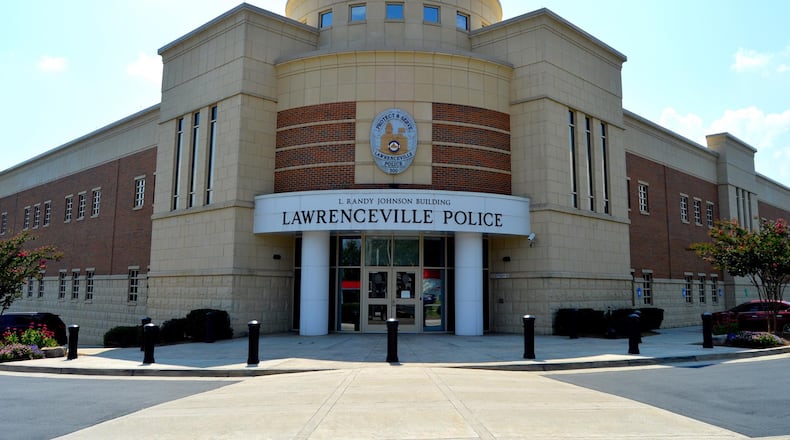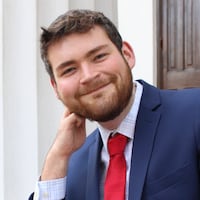Lawrenceville hopes to “set the trend” in Gwinnett County for sending clinicians out with police officers during mental health, homelessness and substance abuse crises.
On Monday evening, Lawrenceville City Council unanimously gave the greenlight for an agreement with View Point Health, a mental health clinic based in the Gwinnett city. Two licensed behavioral health clinicians will starting work with police officers on July 1, responding to calls with them and helping individuals receive help.
“It is so timely, because we’ve heard so much that this pandemic is the next mental health issue,” said Mayor Pro Tem Victoria Jones. “Having those police officers with the clinicians to go out on calls and be available for our citizens, that should decrease some of the disturbances that we will experience.”
At a work session in early May, Lawrenceville Police Chief Tim Wallis told the Council that mental health calls have become more prominent in the city. “We see in the reports every week the number of times you end up in these various places with people with these illnesses,” said Councilmember Keith Roche on Monday before the vote.
Known as a co-responder model, the addition of mental health specialists often leads to lower rates of recidivism and incarceration, Wallis said. It’s common for people to face disorderly conduct charges after a crisis, get released and then come in contact with law enforcement once more a short time later, he said.
Under the agreement, Lawrenceville will pay View Point Health $124,000 each year for two clinicians. Wallis believes the city may be able to cover the cost for the first two years with federal funds from the American Rescue Plan.
While the clinicians would have a dedicated work space at the police department, they would not be city employees with benefits. View Point Health would pay their salaries and provide work equipment.
View Point Health already partners with the Conyers Police Department in Rockdale County, Wallis said. Their partnership has gone well, he said, with their one clinician adapting well to “cop culture” and responding to mental health calls by themselves.
Lawrenceville would likely only send its clinicians out with police officers, Wallis said, as he doesn’t feel comfortable sending them out to crises alone. The clinicians would work 40 hours per week but always remain on call.
It especially makes sense to launch the program in Lawrenceville, Wallis said, given it’s the Gwinnett County seat and location of the Gwinnett Justice and Administration Center, Gwinnett County Jail and several mental health facilities.
“We have all these contributing factors that when people get released from these facilities or leave GJAC from court, we’re having to deal with them here in the City of Lawrenceville,” Wallis said.
Other cities in the metro Atlanta area already have added mental health specialists, including Johns Creek and Brookhaven. Athens-Clarke County also has specialists who assist individuals before and after crises.
“This isn’t just reacting and taking the call. This is making a change in lives,” said Councilmember Glenn Martin. “Coming out of the police department, I think that’s a significant thing in the world today.”
About the Author
Keep Reading
The Latest
Featured


